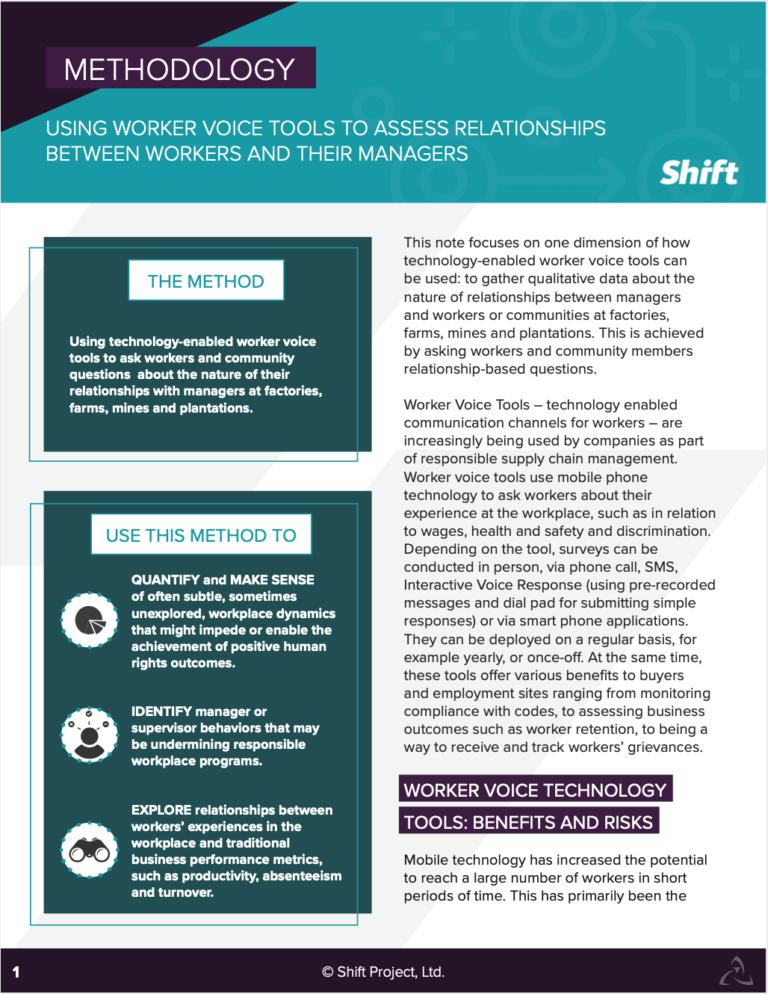Accountability and Remedy in Global Supply Chains: Considerations for Workers and Unions
GuidancePublicationsFor decades, workers, unions, students, and labour NGOs have joined together to try to hold global corporations accountable for the labour violations that have routinely taken place in their supply chains. Multi-faceted and often lengthy corporate c...Read More

